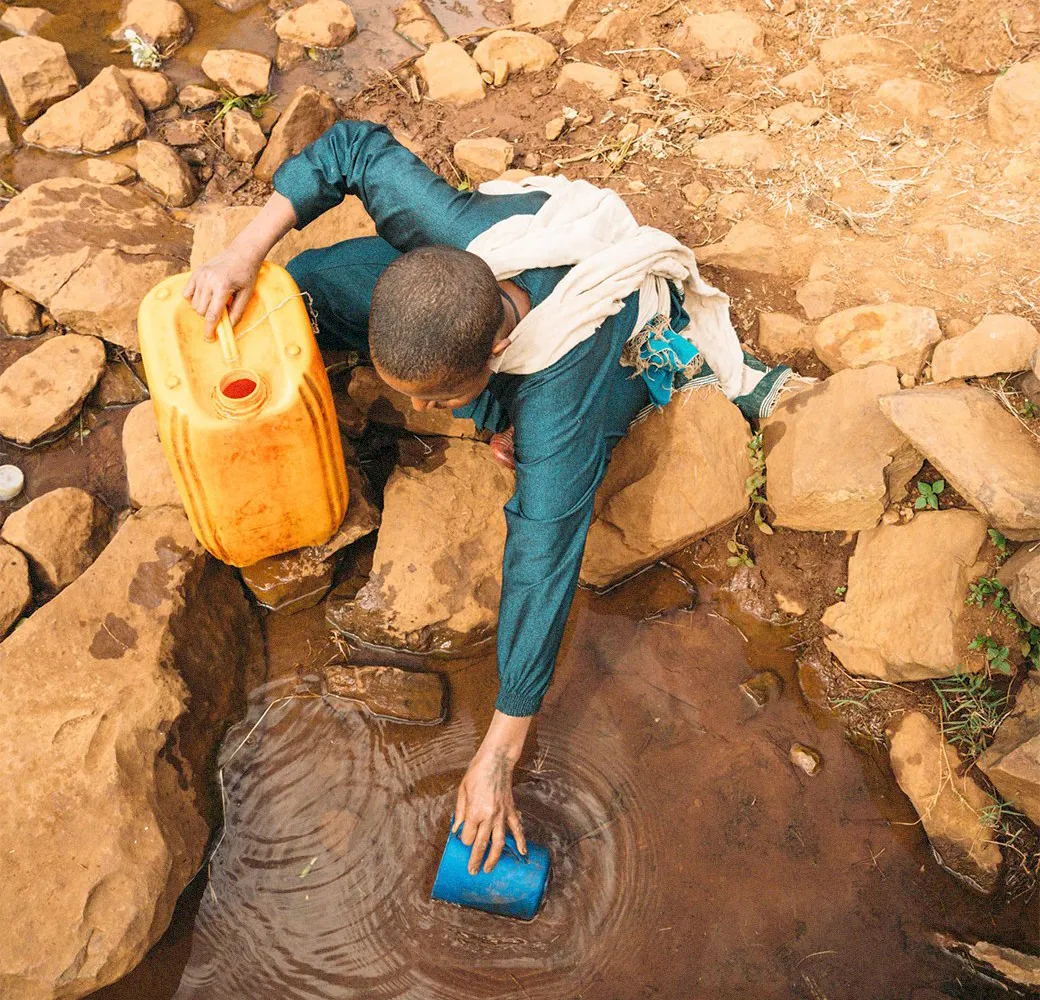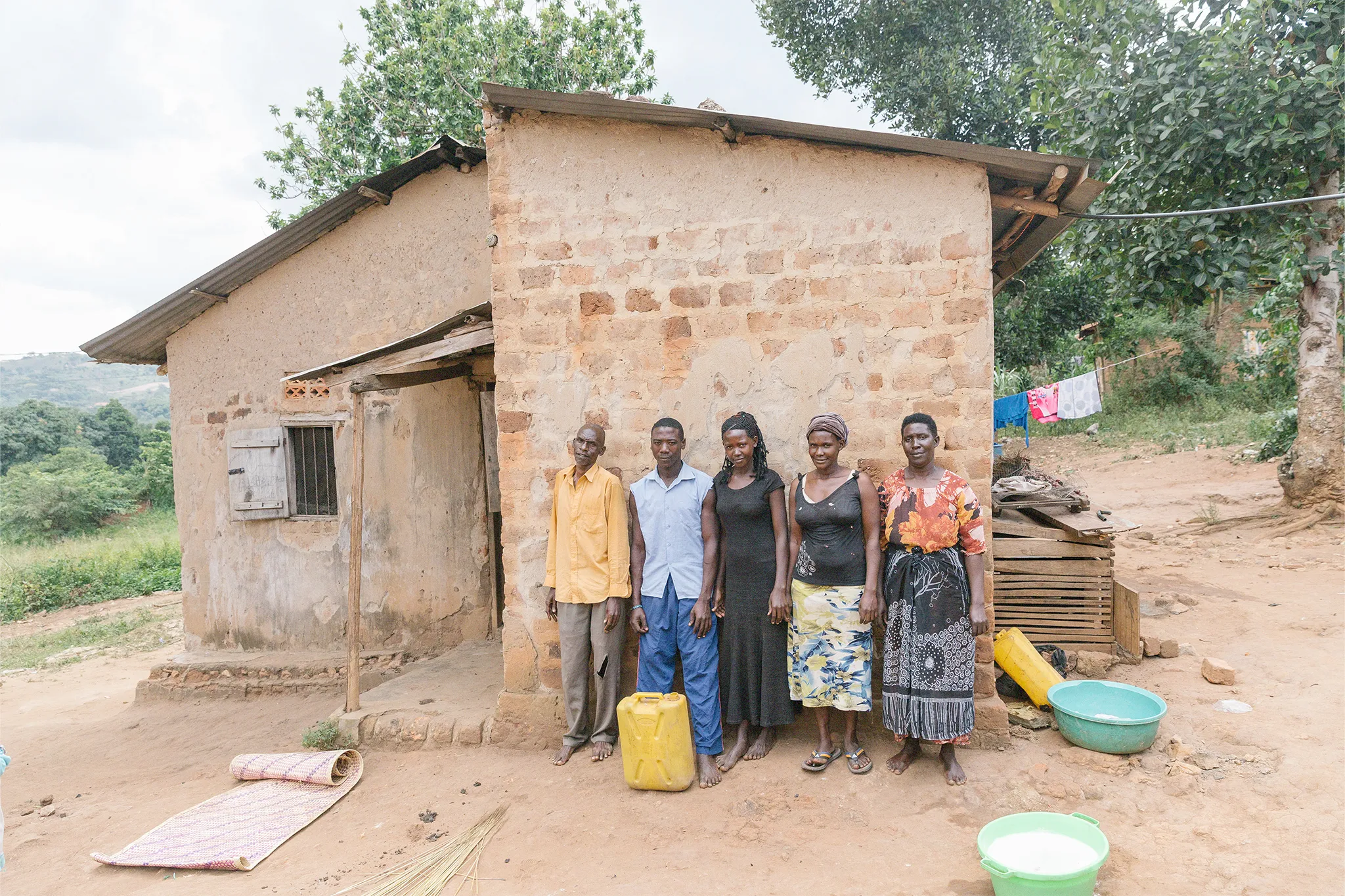A Climate Crisis
Water is the primary way in which we will feel many of the effects of climate change, and people living in poverty will be impacted the most
Changes in precipitation patterns, drought, and rising sea levels are some of the ways climate drastically impacts the quality, accessibility, and management of the water and sanitation systems we all rely on.
People living in poverty are especially vulnerable to the impact of climate change because of their reliance on unstable water and sanitation systems, weaker institutional protections, and limited access to funding. These are the people we serve.

Building climate resiliency by increasing access to safe water
To lessen the impact of shortages tomorrow, we must expand access to water today. When households are connected to strong and resilient water systems, people can better withstand the effects of climate change.
Water.org implements financial solutions that support climate resiliency for people living in poverty by increasing access to small, affordable loans for sustainable, locally-appropriate, and often climate-conscious household safe water and sanitation solutions.
“Water action is climate action. We must focus on global water security by putting the water and sanitation needs of the people most vulnerable to the effects of climate change front and center through our climate discussions and most importantly, our philanthropy.” - Matt Damon, Co-founder of Water.org
Investing in water for families like Narwoga's
Narwoga, Mubiru and their children live in between Bombo and Kigwaga in Uganda. Narwoga struggled for years to collect enough water for her family. A distant river was her main collection source but when the rains slow and the temperatures increase, the river dries. A rain storage tank financed through Water.org’s local partner helps Narwoga capture enough water during the rainy seasons to sustain her family through the hot, dry periods.

References
- World Health Organization and UNICEF. (2023). Progress on Household Drinking Water, Sanitation, and Hygiene 2000-2022: Special focus on gender.
- World Health Organization and UNICEF. (2020). Progress on Drinking Water, Sanitation, and Hygiene in Schools: Special focus on COVID-19.
- UN-Water. (2019). Policy Brief on Climate Change and Water.
- World Health Organization and UNICEF. (2020). State of the World's Sanitation: An urgent call to transform sanitation for better health, environments, economies and societies.
- Hutton, G., and M. Varughese. (2020). Global and Regional Costs of Achieving Universal Access to Sanitation to Meet SDG Target 6.2.
- World Health Organization. (2019). Burden of disease attributable to unsafe drinking-water, sanitation and hygiene.
- World Health Organization, UNICEF, and World Bank. (2022). State of the world’s drinking water: an urgent call to action to accelerate progress on ensuring safe drinking water for all.
- WaterAid. (2021). Mission-critical: Invest in water, sanitation and hygiene for a healthy and green economic recovery.
You can help people living in poverty become more resilient to climate change.
Donate